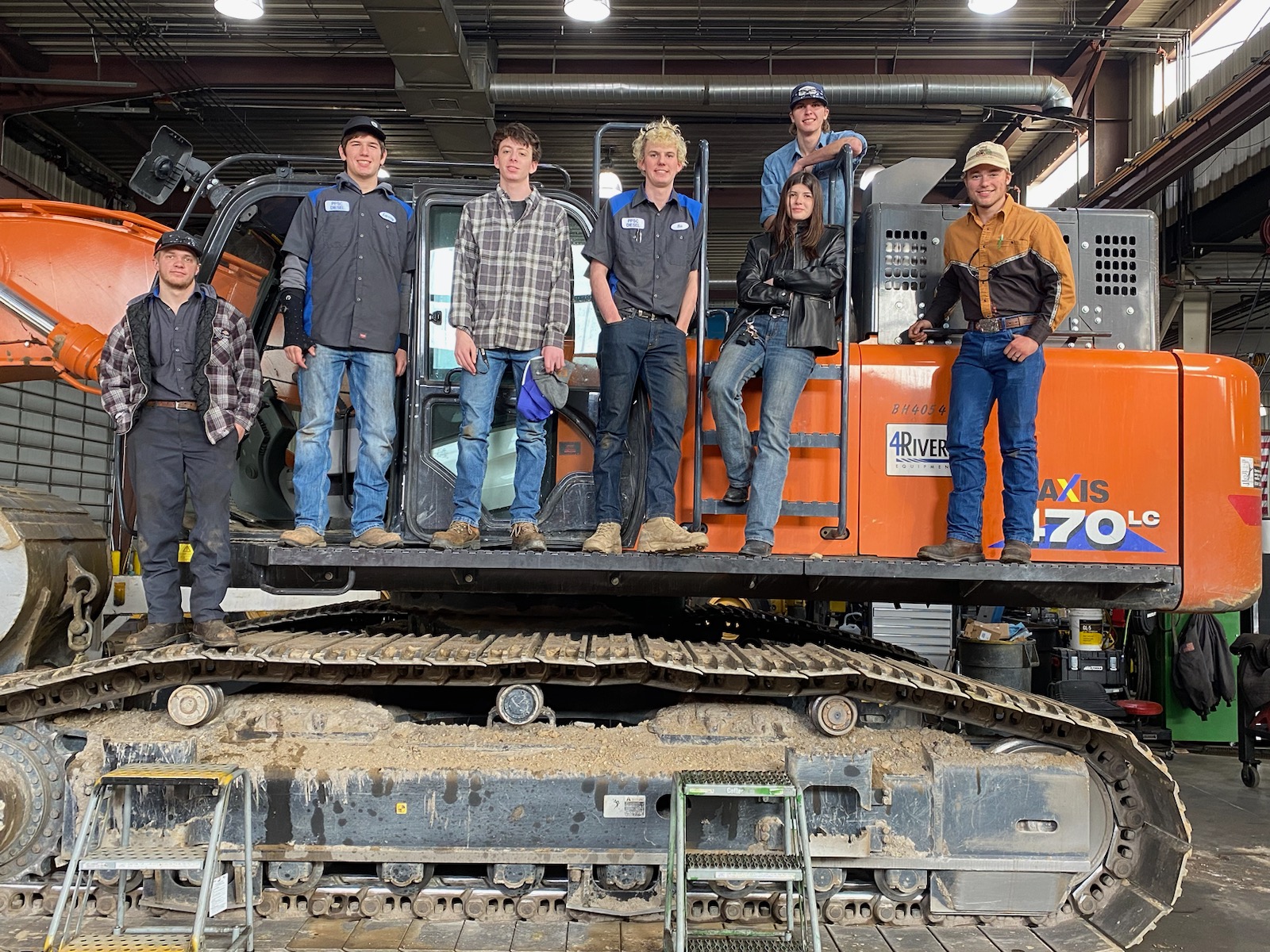Degree Type: Associate of Applied Science Degree, AAS, Certificate, CER
Pathway: Technical and Professional Studies
Start your career in the diesel industry with Pikes Peak State College. Our Applied Associate of Science (AAS) in Diesel Technology and multiple certificate options are tailored to fit your career goals. Learn from expert instructors and industry partners to gain the skills for medium and heavy-duty diesel repair. Prepare for entry-level jobs in diesel repair or parts supply, whether you want to work in a shop or start your own business.

Current students—join us for a Registration Event to get help enrolling for the Summer and Fall semesters!
Meet with faculty and advising staff to: get one-on-one registration assistance, ask
questions about course offerings, sequencing, and program details, and receive general
academic advising.
In-Person:
March 18 | 12-2pm
Centennial Campus | Room B251
(Registration not required)
Don't miss this opportunity to plan your next semester with expert support. See you there!
This program prepares students for entry level positions in the field of heavy-duty diesel vehicle repair and parts supply.
The Diesel Brakes Certificate focuses on the students identifying and describing the many different types of diesel-powered vehicles.
The Diesel Engine Performance Certificate is designed for students to learn to identify and describe different types of diesel-powered vehicles, as well as use information provided in maintenance manuals and parts manuals
The Diesel Engine Repair Certificate is designed for students to learn to identify and describe different types of diesel-powered vehicles, as well as use information provided in maintenance manuals and parts manuals.
The Diesel Fuel Injection Certificate is designed for students to learn to identify and describe different types of diesel-powered vehicles, as well as use information provided in maintenance manuals and parts manuals.
The Heating and Air Conditioning certificate is designed for students to learn to the basics of shop safety, common shop equipment and A/C recovery systems.
The Hydraulics certificate is designed for students to learn to identify and describe the many different types of diesel-powered vehicles with instruction on the fundamentals of hydraulics and their applications in diagnosis, service, and testing along with safety measures.
The Preventative Maintenance Certificate is designed for students to learn to identify and describe different types of diesel-powered vehicles, as well as use information provided in maintenance manuals and parts manuals.
If you have a knack for mechanical work, can read and follow detailed instructions, and enjoy precision work and problem-solving, the Automotive Technology program might be for you. Prepare for a fun and challenging career in repair, service, sales, or supply through hands-on learning and the option to earn different automotive certificates to boost your skills.
Explore Automotive TechnologyWhen studying Auto Collision, you will learn from instructors who have real-world experience and who are leaders in the industry. Upon completion of the program, you'll be ready for a job in a body shop.
Explore Auto Collision Technology